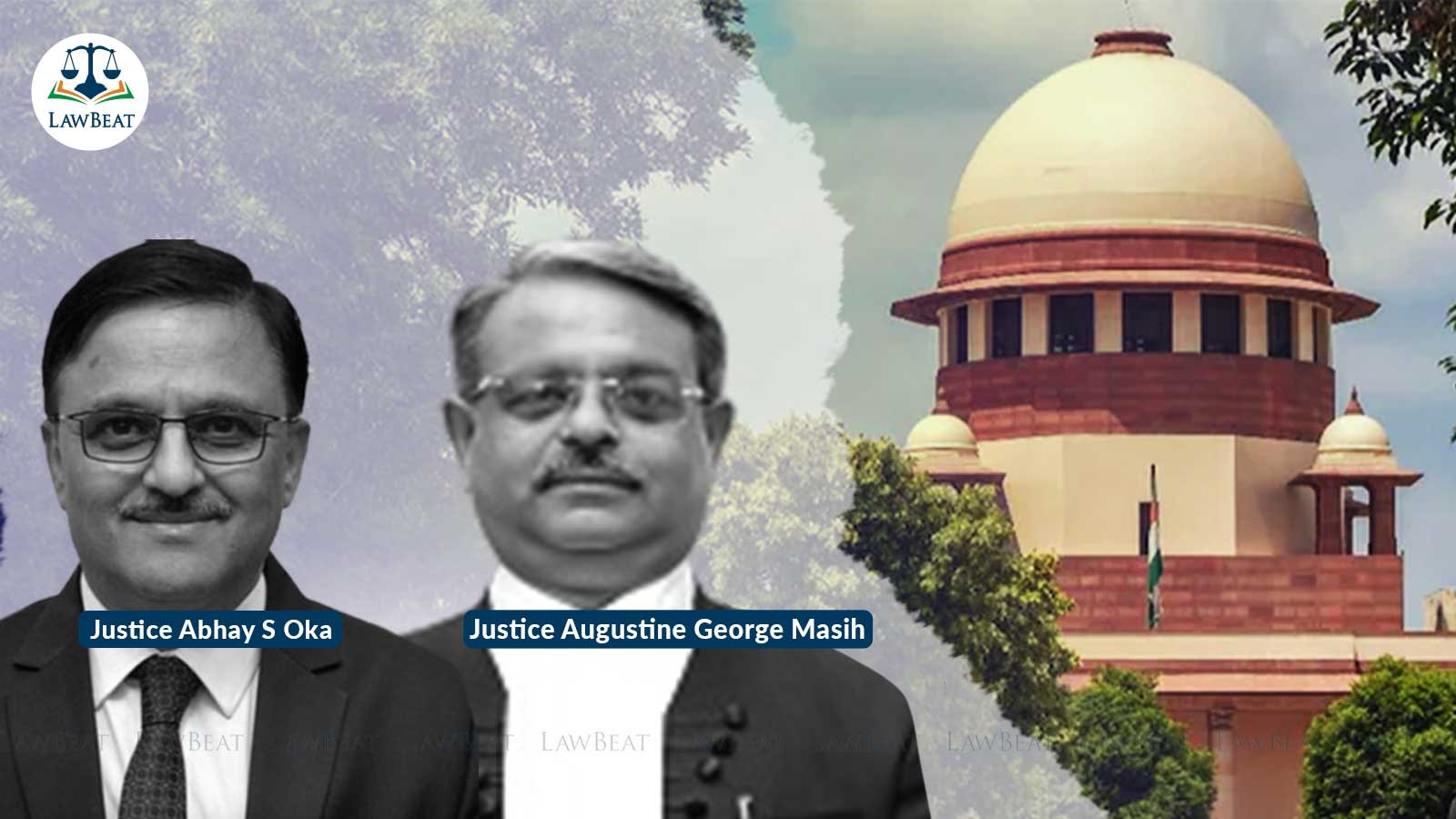No Constitutional Court can direct Trial Courts to write bail orders in particular manner: SC

The high court had asked a district and sessions judge to mention an accused's antecedents in a tabular form within bail orders in an attempt to murder case
The Supreme Court recently observed that no constitutional court can direct the trial courts to write orders on bail applications in a particular manner, as it would amount to interference with the discretion of the courts.
A bench of Justices Abhay S. Oka and Augustine George Masih expunged all adverse remarks and observations made by the Rajasthan High Court in response to a plea by Ayub Khan, District and Sessions Judge, for his failure to comply with a 2020 judgment. The judgment required the mention of an accused's antecedents in a tabular form within bail orders in an attempt to murder case.
Case Title: Ayub Khan Vs The State of Rajasthan
